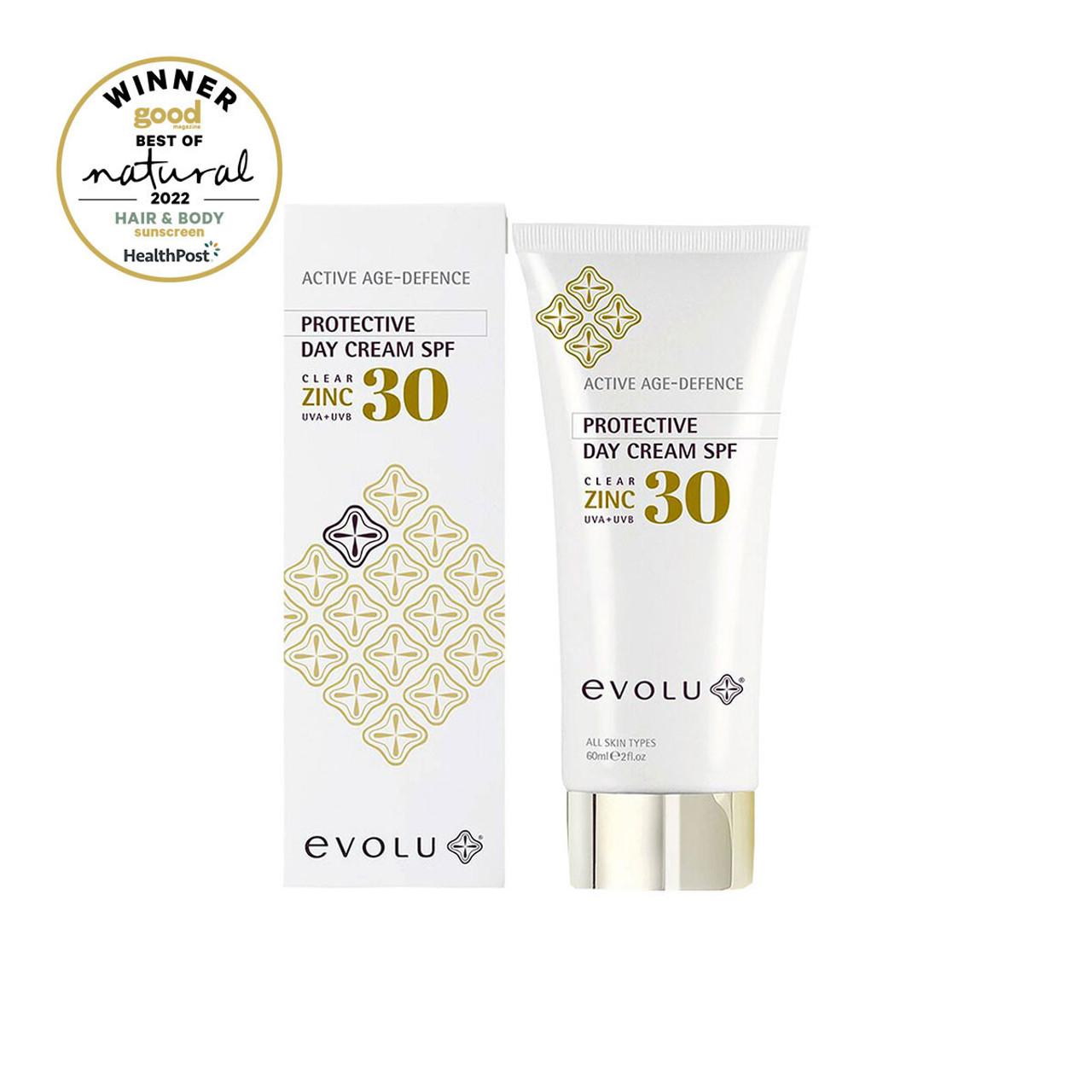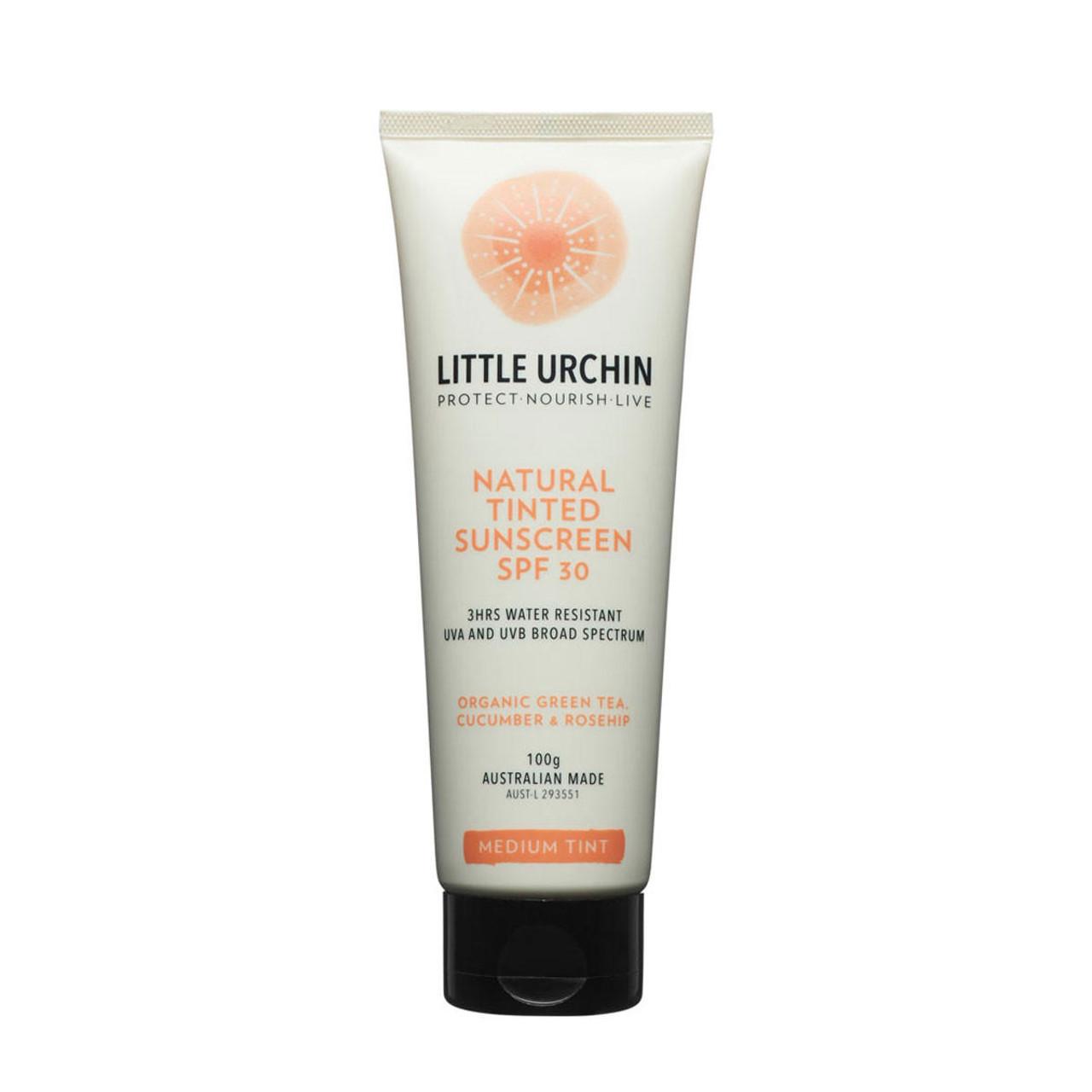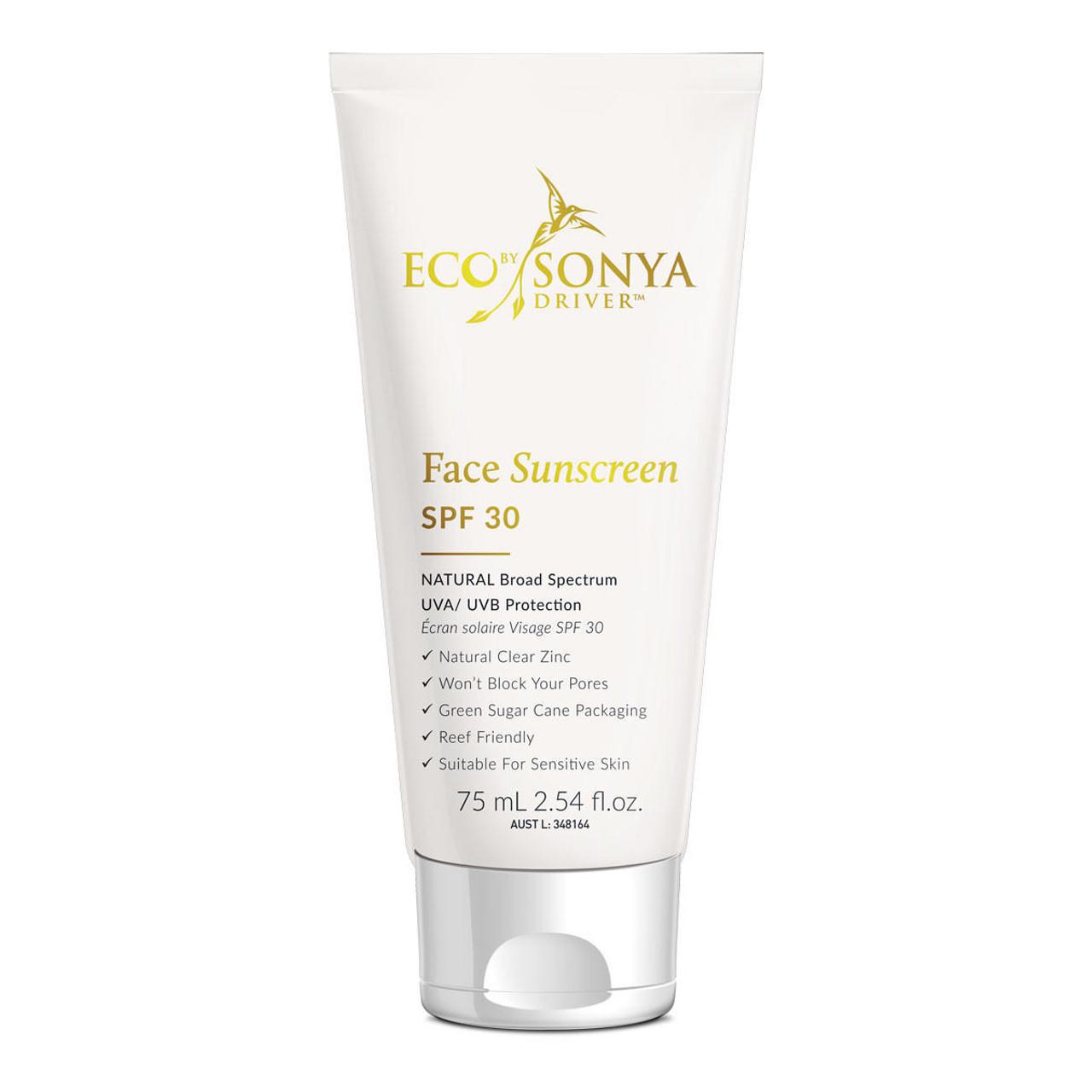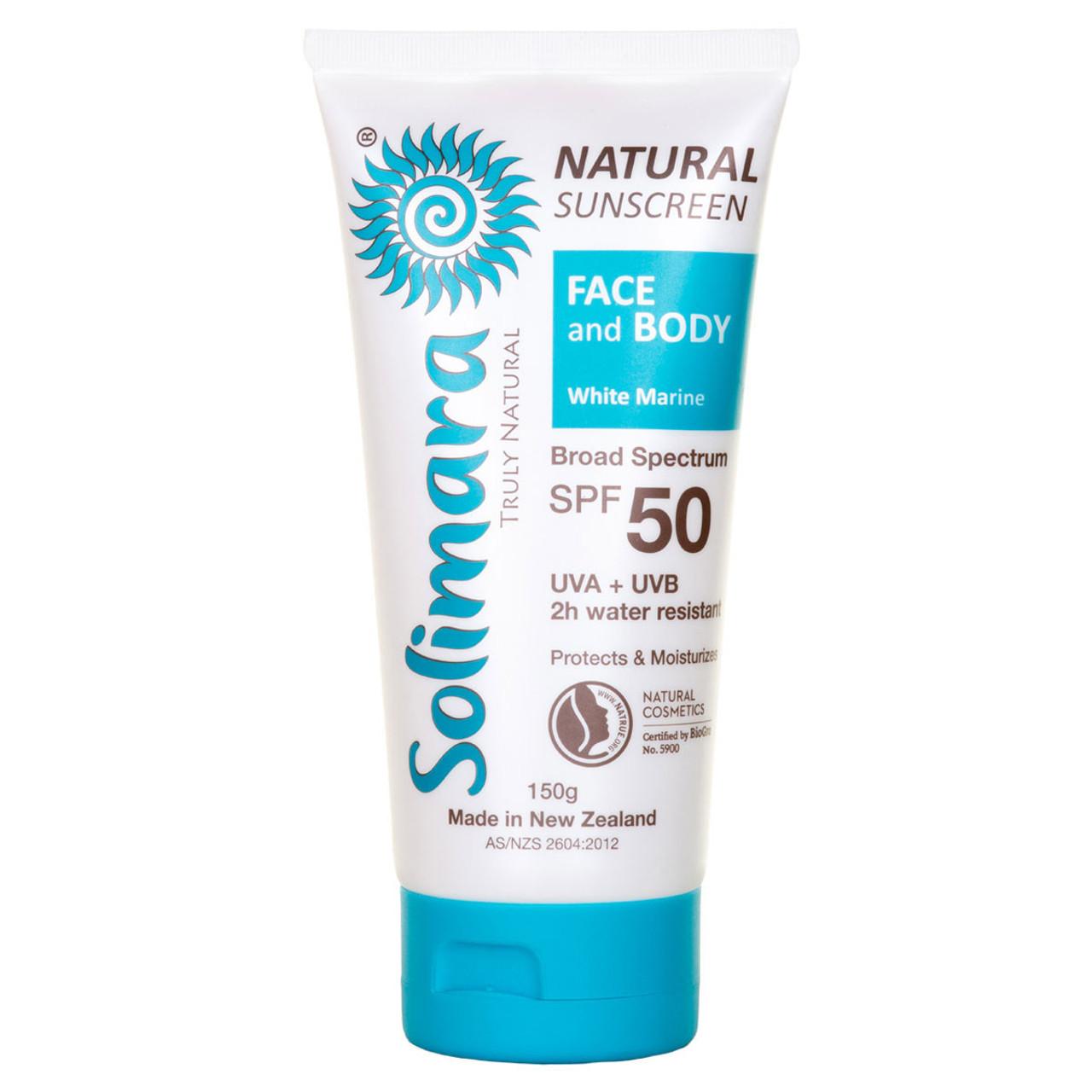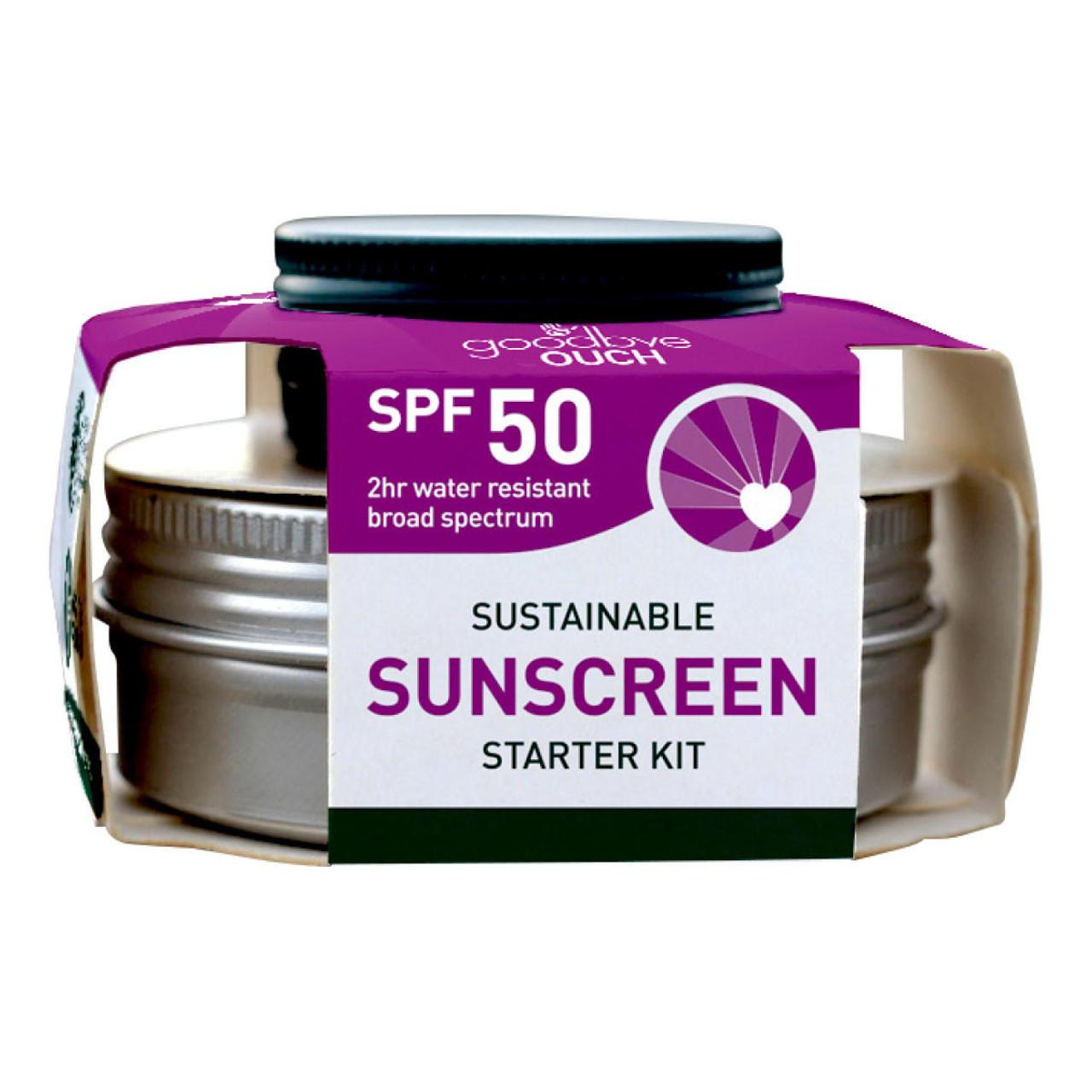
When you think of anti-aging skincare, do you often think of serums - the holy-grail of anti-aging? In all their glitter and glory (otherwise known as active ingredients like Vitamin C, Antioxidants, Bakuchiol, Hyaluronic Acid, and so on).
But what if I told you there was a product that took a preventative approach to skin-aging, one that could reduce the appearance of fine lines and wrinkles, help prevent pigmentation, support an even skin tone, and protect your skin from the visible signs of aging, you’d use it.
In fact, the holy grail of anti-aging skincare might not be serums…. It may in fact, be...sunscreen.
We all know how important sunscreen is for protecting our skin from the fierce sun. But let’s clear one thing up - it’s not just a summer essential. It’s a skincare essential. And I won’t be the first to remind you that research is proving how important it is to wear day in, day out – in-fact, I love applying my SPF every day for more than its reliable protection – it leaves me with a healthy glow, I love the sweet summery scent, and it instantly switches me into holiday mode. Even when I’m at my desk.
Serums, moisturisers, and a good skincare regime is a great way to maintain your healthy skin, but to take a truly preventative approach to skin health wearing sunscreen will do wonders. One of the best ways to protect your skin from the visible signs of aging is with sunscreen. In 20 years, your radiant skin will thank you for it, and there is no better time to start than today.
Let’s explore how the sun impacts your skin, what to look for in your SPF, and my favourite sunscreens I reach for every day.
How does the sun impact our skin?
Summertime is a favourite season for good reason. Long days at the beach, backyard BBQs, summer skincare…the list goes on. Now, we’re all about a healthy dose of sunshine every day for your whole wellbeing (Vitamin D at the top of our list) – but what’s important here it’s doing it mindfully and responsibly. Enter: sunscreen.
Sun damage is one of the leading causes of premature aging. The UV rays penetrate the layers causing damage and degradation from free radicals within the cells of important structures of our skin. You read that right – that means that sun damage impacts our levels of elastin and collagen – youthful essentials we all want more of. Over time, with repeated sun exposure, the damaged structures within our skin worsen leading to fine lines and wrinkles, an uneven complexion. Being in the sun has a cumulative effect on the skin. You won’t notice any damage to your cells after one day, but after regular exposure it all adds up,
In New Zealand and Australia, our sun is particularly harsh thanks (or not) to less protection from the hole in the ozone layer that might otherwise add a layer of protection. Although the hole in the ozone layer is healing, it’s still there and ultraviolet (UV) radiation from the sun is what can cause the damage to the skin.
How does UVB impact our skin health?
UVB light can penetrate through the top six or seven layers of your skin, where new skin cells are formed. This means that damage to the DNA within the cells can occur. UVB exposure is what causes the burn, leaving that unwanted red flush.
How does UVA impact our skin health?
UVA light penetrates deeper than UVB, into the dermis and causes damage via free radicals. UVA exposure doesn’t cause reddening to the skin like UVB.
Melanin is the pigment within our cells that gives our skin its colour and offers protection from UV radiation. People with darker skin tones have more melanin than those with lighter tones, and therefore more protection from the UV rays, as melanin acts as a shield. This doesn’t mean that people with a darker pigment don’t need to wear sunscreen, it just gives them a bit more protection from the speed at which the radiation affects the skin cells.
Should we wear sunscreen every day?
Short answer? Yes.
To be an effective skin protector over the long term, sunscreen should be used day in, day out., And not just on your face, but on all of the parts of your body that see the sun. We notice the skin on our face, decolletage, and hands aging because they see the sun the most.
If you’re out in the sun, remember to reapply sunscreen every couple of hours.
What if I’m inside all day?
UVA is incredibly powerful, getting through grey skies loaded with clouds and glass windows in office buildings or cars. It makes it easy to forget that you’re having sun exposure, so wearing sunscreen whether you’re inside or out is still important.
What's the best way to protect your skin from aging?
Start with smart skincare that ends with SPF. It should be the last step in your skincare ritual. And there’s plenty you can do to take care of your skin from the inside out. Eat plenty of fresh fruits and vegetables loaded with antioxidants, stay hydrated, move your body regularly, and avoid smoking and pollution wherever possible for healthy skin.
What to look for in your sunscreen?
There are so many SPF’s available it can be hard to know which one to choose.
The most important thing about a sunscreen is that it consistently works to screen UVA and UVB rays, this means it offers broad-spectrum coverage.
Second to that, check that the water resistance is measured. Thankfully it’s now a requirement that every sunscreen sold in New Zealand meets the new standards and must have the SPF and water resistance verified – something we’ve been committed to for years for every sunscreen we stock.
And while protecting your skin with SPF is so important, make sure you’re giving your body the chance to absorb Vitamin D when UV rays are at their lowest.
What does SPF mean?
Sun protection factor, or SPF, refers to the length of time it takes for UVB rays to redden the skin with sunscreen compared to without. So, an SPF30 will take 30 times longer for the skin to redden than without it. This is important information because often people think of sunscreen as ultimate protection, but it isn’t – it just reflects or absorbs the UV rays so that they cannot damage the skin, for a limited amount of time. This is why sunscreen needs to be reapplied.
When the SPF is tested (on fair skinned people), they apply a thick layer – about 2mg per cm2 which is more than what people tend to apply – around ¼ tsp for your face.
What sunscreen is best for our face?
No matter your age, it’s always the right time to start using sunscreen in your skincare regime.
HealthPost’s favourite face sunscreens:
For on-the-go moisture + SPF protection: Evolu Age Defence Protective Day Cream SPF30
Doubling as a moisturiser and sunscreen, this award-winner is a quick and easy step in your morning skincare regime. As well as being SPF30, it contains gorgeous plant-based actives like kiwifruit seed oil, green tea, and shea butter forage-defending skin protection. This goes on clear and is a lightweight texture.
|
For a natural glow: Little Urchin Natural Tinted Sunscreen SPF30
A tinted sunscreen rich in antioxidants that offers lightweight coverage and a medium skin tone coverage. Natural Tinted Sunscreen SPF30 is a nourishing formulation that hydrates and gives a glowing finish.
|
For lightweight, silky protection: Eco By Sonya Face Sunscreen SPF30
A tinted sunscreen rich in antioxidants that offers lightweight coverage and a medium skin tone coverage. Eco By Sonya Face Sunscreen SPF30 is a nourishing formulation that hydrates and gives a glowing finish.
|
For whole body sunscreen: Solimara Truly Natural Natural Sunscreen Face & Body SPF 50 White Marine
A tinted sunscreen rich in antioxidants that offers lightweight coverage and a medium skin tone coverage. Solimara Truly Natural Natural Sunscreen is a nourishing formulation that hydrates and gives a glowing finish.
|
For a sustainable, high-performance SPF: Goodbye Ouch Sustainable Sunscreen Starter Kit SPF50
On the go? This high-performance sunscreen is made for every occasion. From long hikes to beach days, it’s 2 hours water resistant, 50SPF and loaded with lovely ingredients like tamanu, manuka, and jojoba. The easy and eco formula will stay cool in its reusable aluminium tin and the peppermint scent is divine.
|
| Shop all Sunscreen → |


